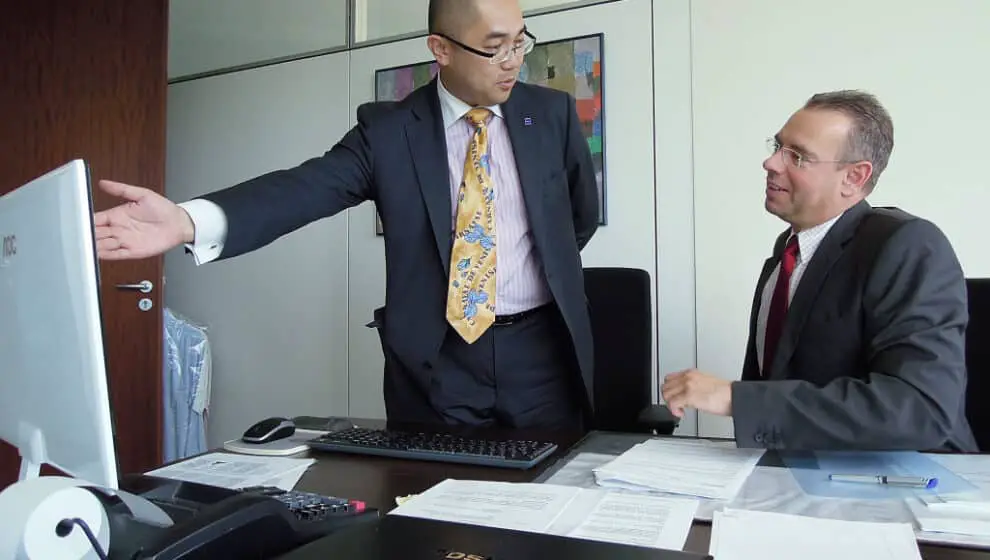Linear career paths were once the norm in the American workforce, but as the workplace changes, the path to success is shifting to what is called non-linear career paths.
Key Details
- Non-linear paths are intentional. A non-linear career path differs from job hopping in that it is purposeful rather than an employee becoming bored with one career and moving to another.
- For example, a social-media manager may find enjoyment in analyzing data and eventually find himself as a business analyst. A blue-collar worker may realize that an innovative idea could revolutionize his industry and become an entrepreneur, promoting a new idea or project.
- The job market is shifting as more workplaces opt for hybrid or fully remote options, and non-linear paths are part of that shift.
- Other changes in employee priorities are driving workers to a less traditional path. The average person’s work career is closer to 60 years rather than 40, leading people to move on to careers with more long-term satisfaction.
- Increasingly employees are looking for careers that offer benefits beyond salary, such as flexibility and work-life balance. This search for a more satisfactory job has resulted in some shifting paths.
- Skills-based hiring has also become more common as employers are willing to look beyond a person’s educational background and at a prospective employee’s actual abilities.
Why it’s news
The workplace is rapidly becoming different from just a few years ago. Many of these changes were already beginning to slowly transform the workplace, but the pandemic has accelerated these changes.
In part, an employee’s ability to move to a different field is because employers are willing to look at a broader range of candidates. A more difficult labor market had caused hiring managers to think creatively and look at options they may not have considered before. This presents an opportunity for employees looking to make a change.
Fewer employees feel loyalty to the company. While some workers may have stayed with a certain company for their entire career, a younger generation does not feel the same compulsion, Forbes reports.
Burnout and stress remain at an all-time high, and layoffs and hiring freezes have continued to shake employee confidence in their company. While hiring managers were once suspicious of non-linear career paths, they are becoming the new normal and can even come with some benefits as employees bring their own experience to the workplace.

